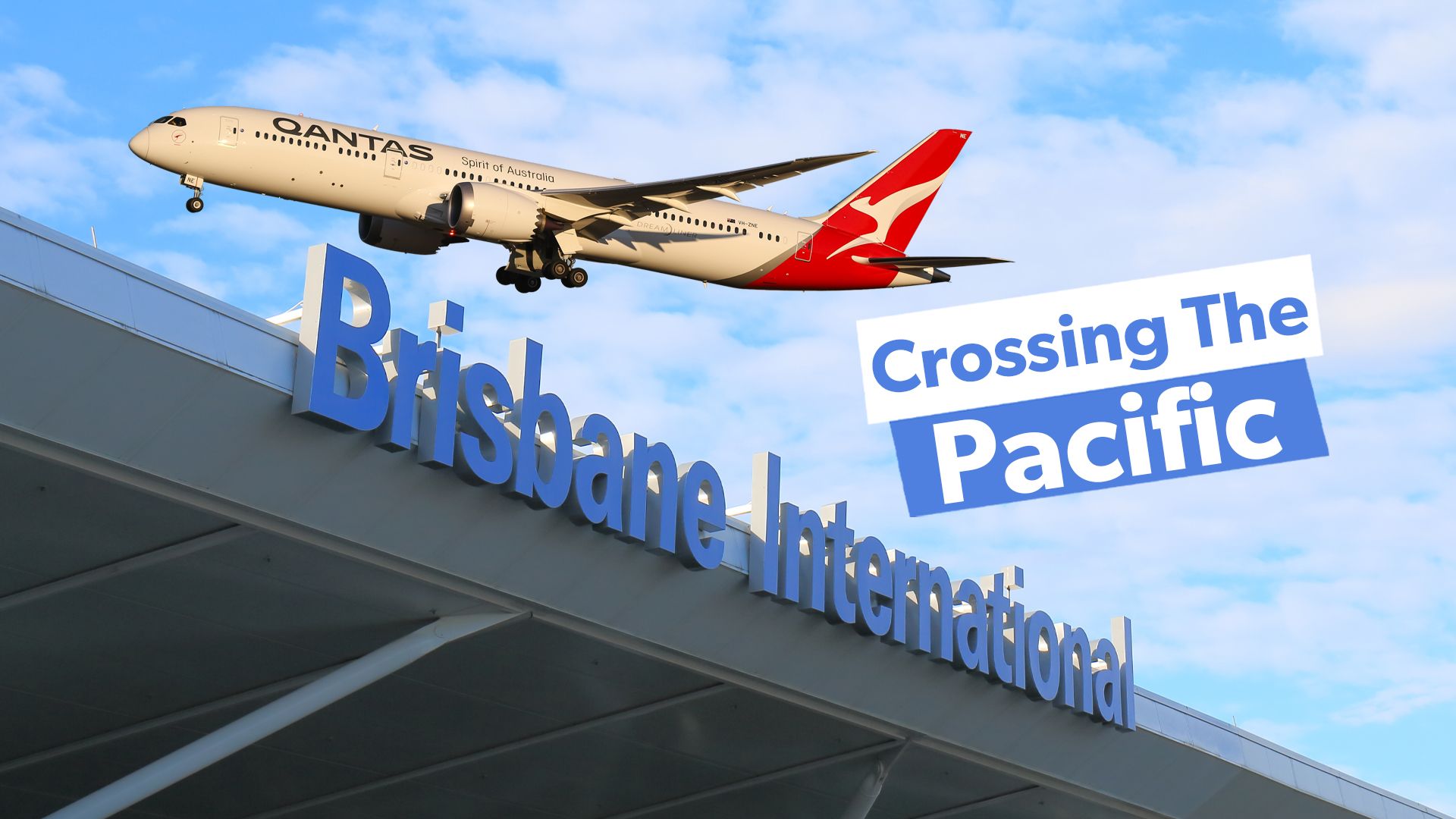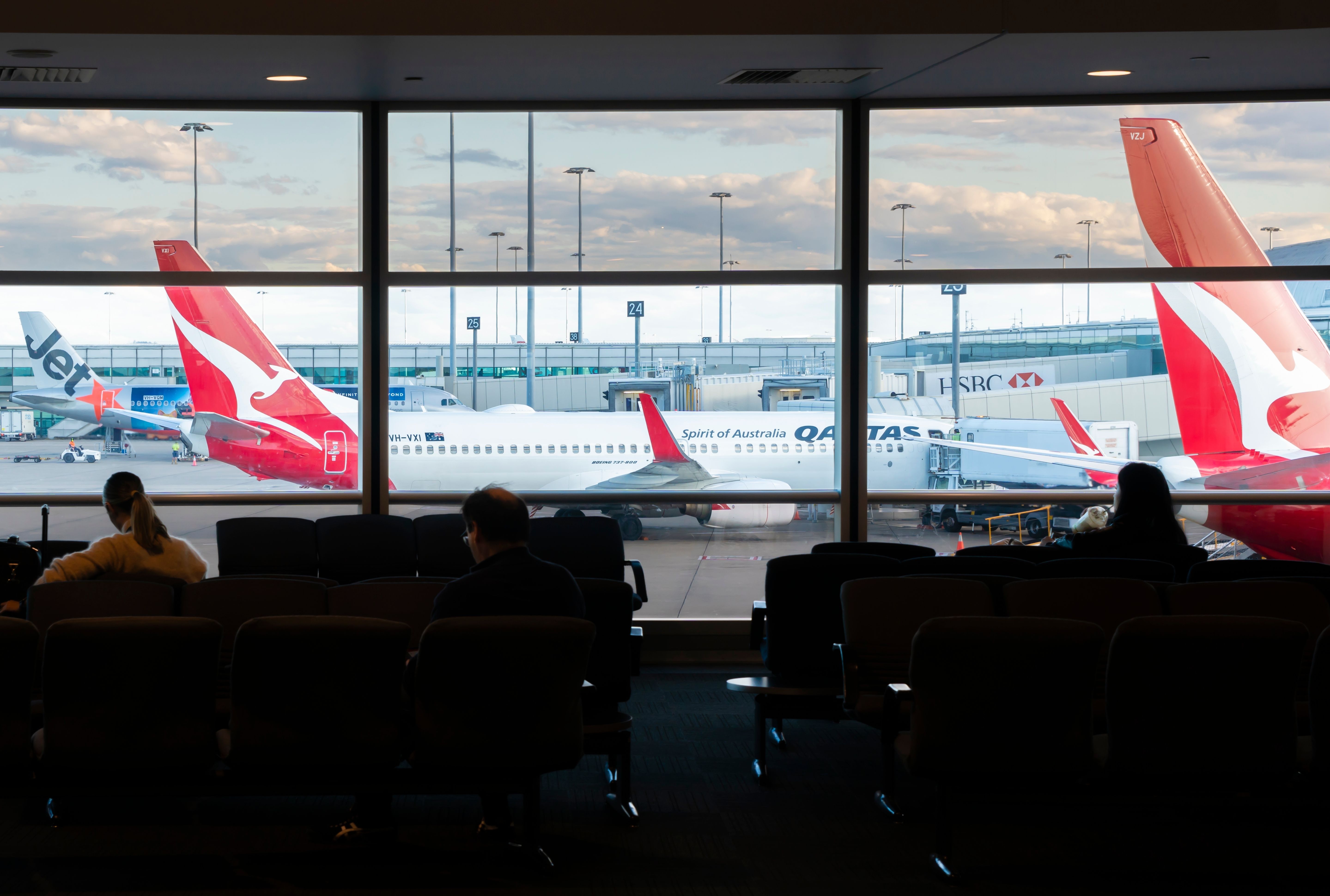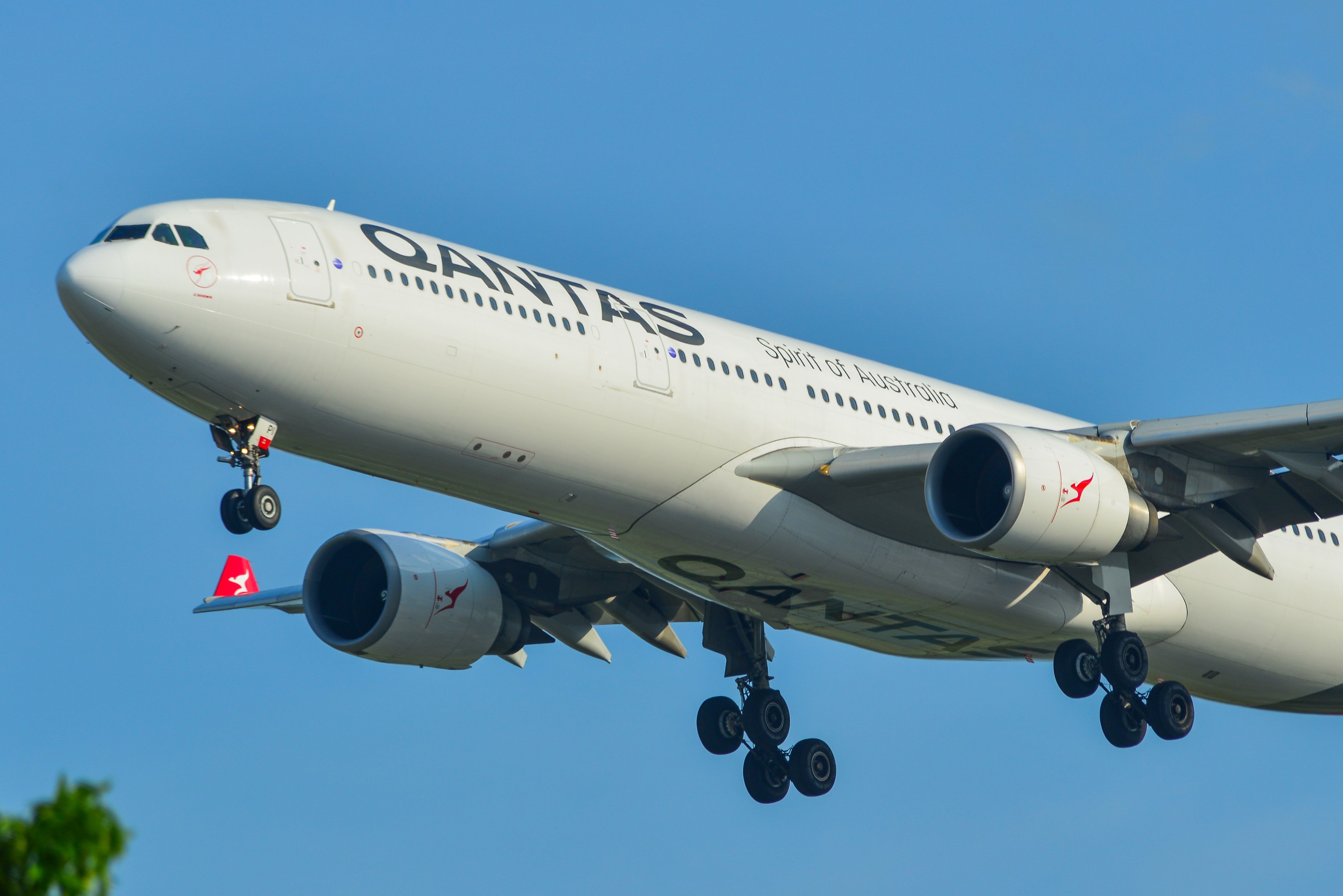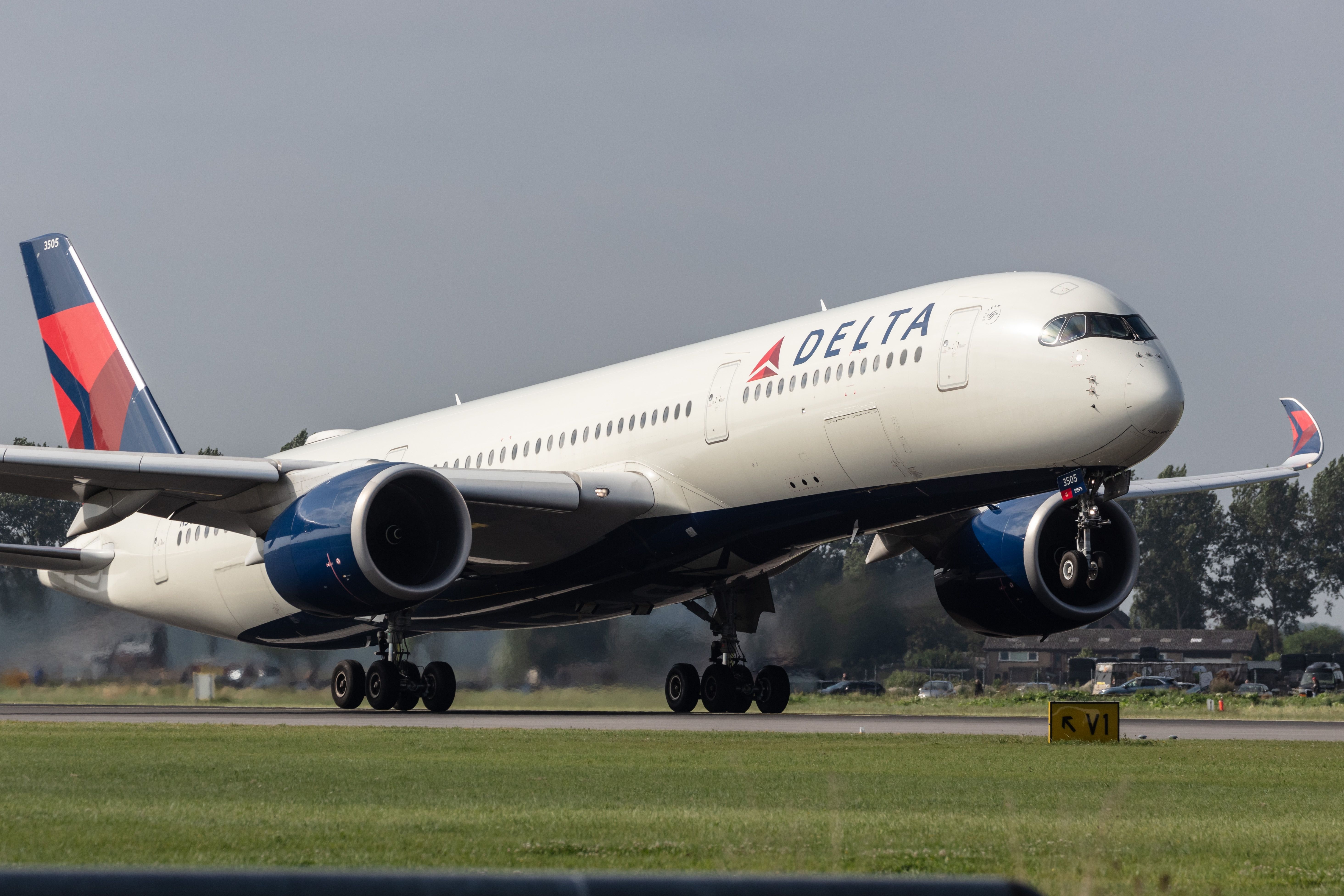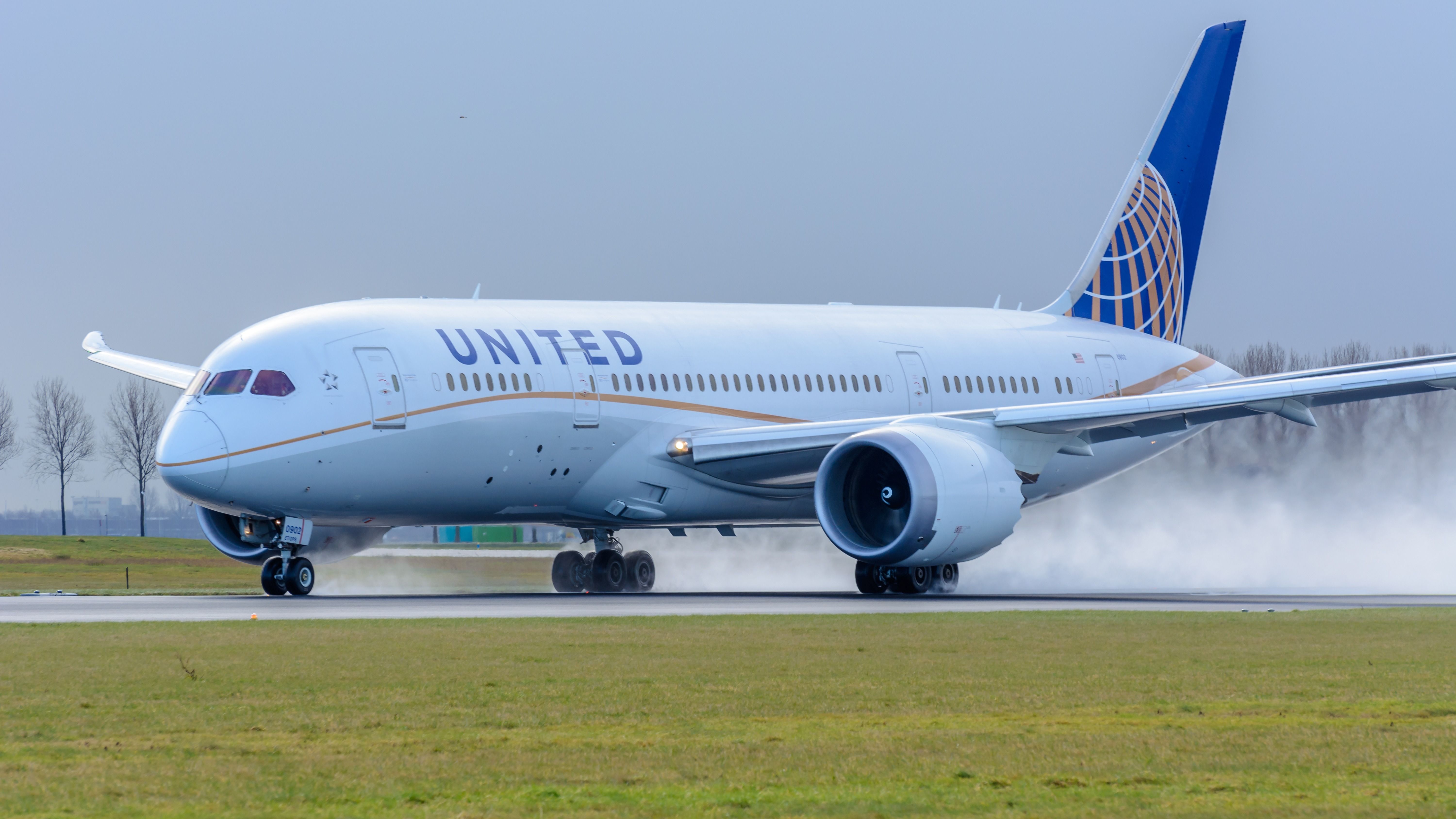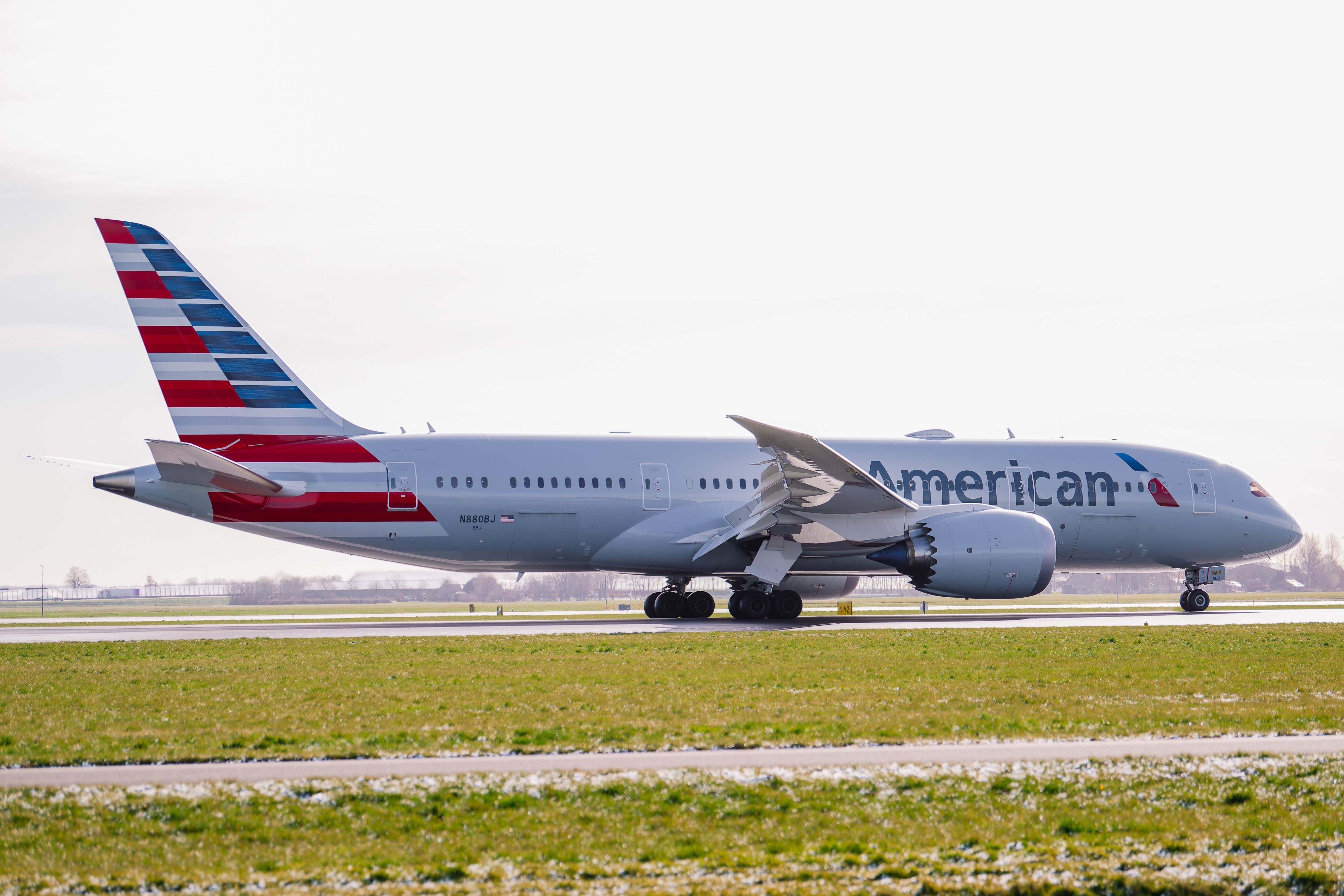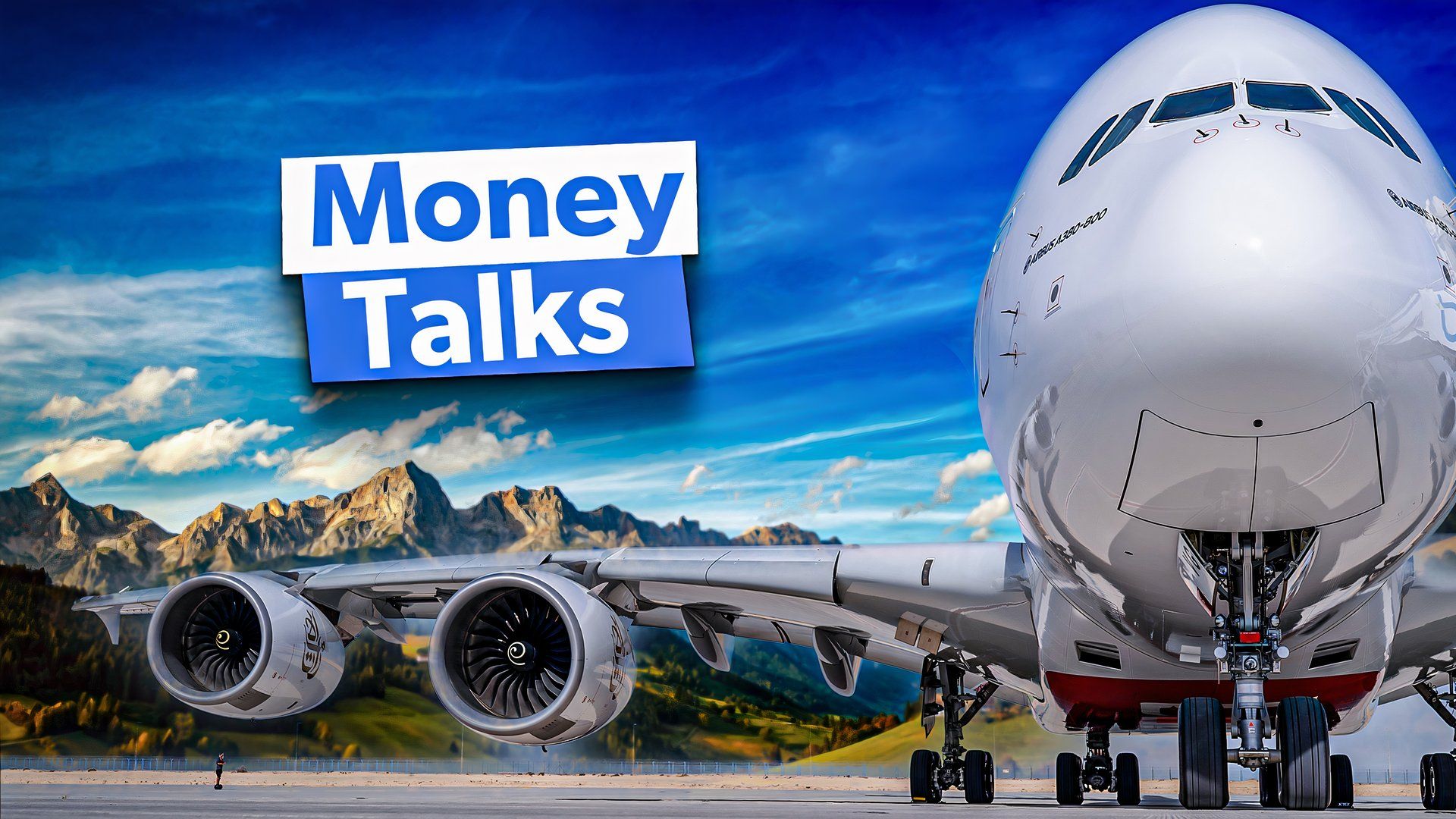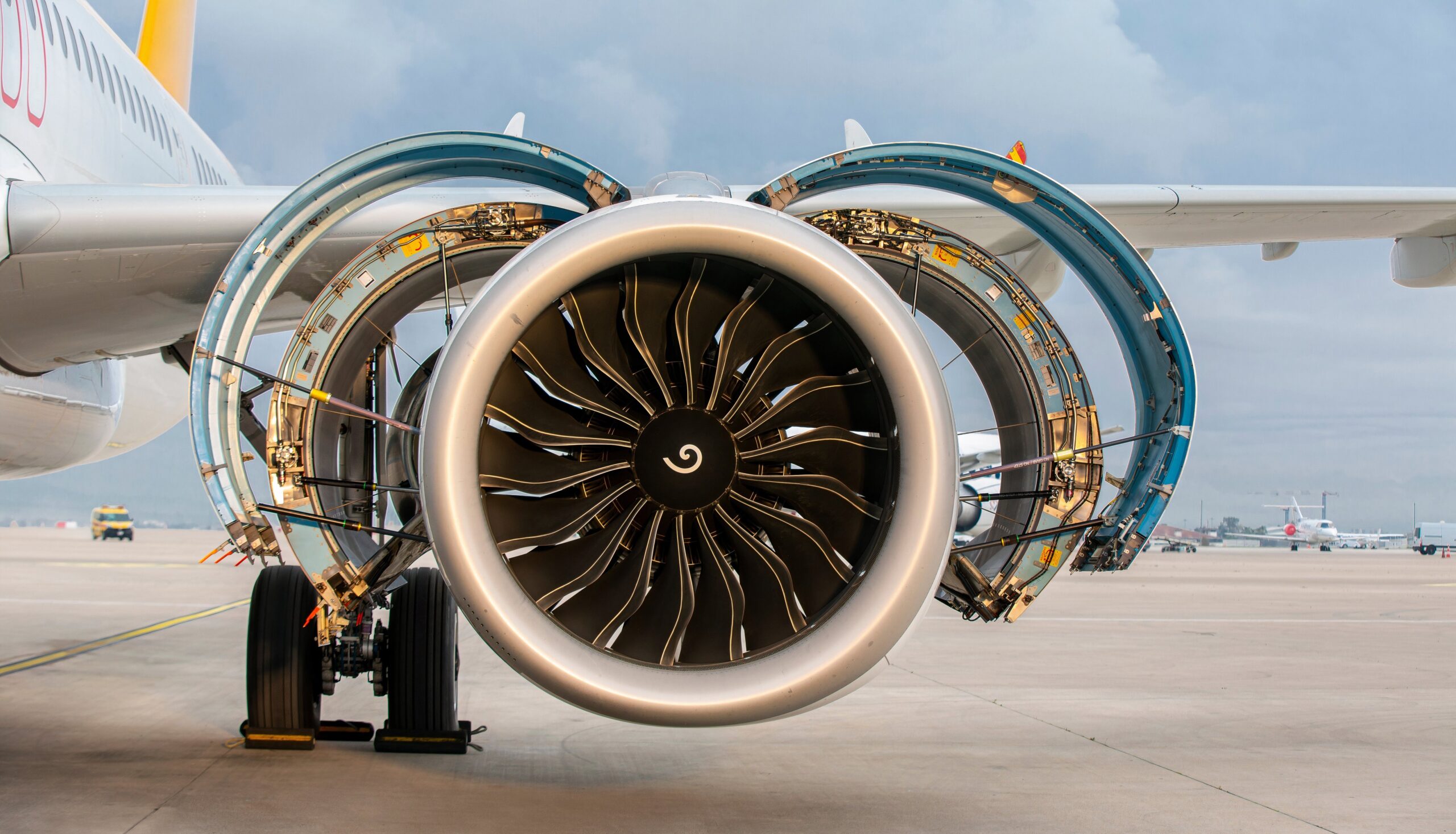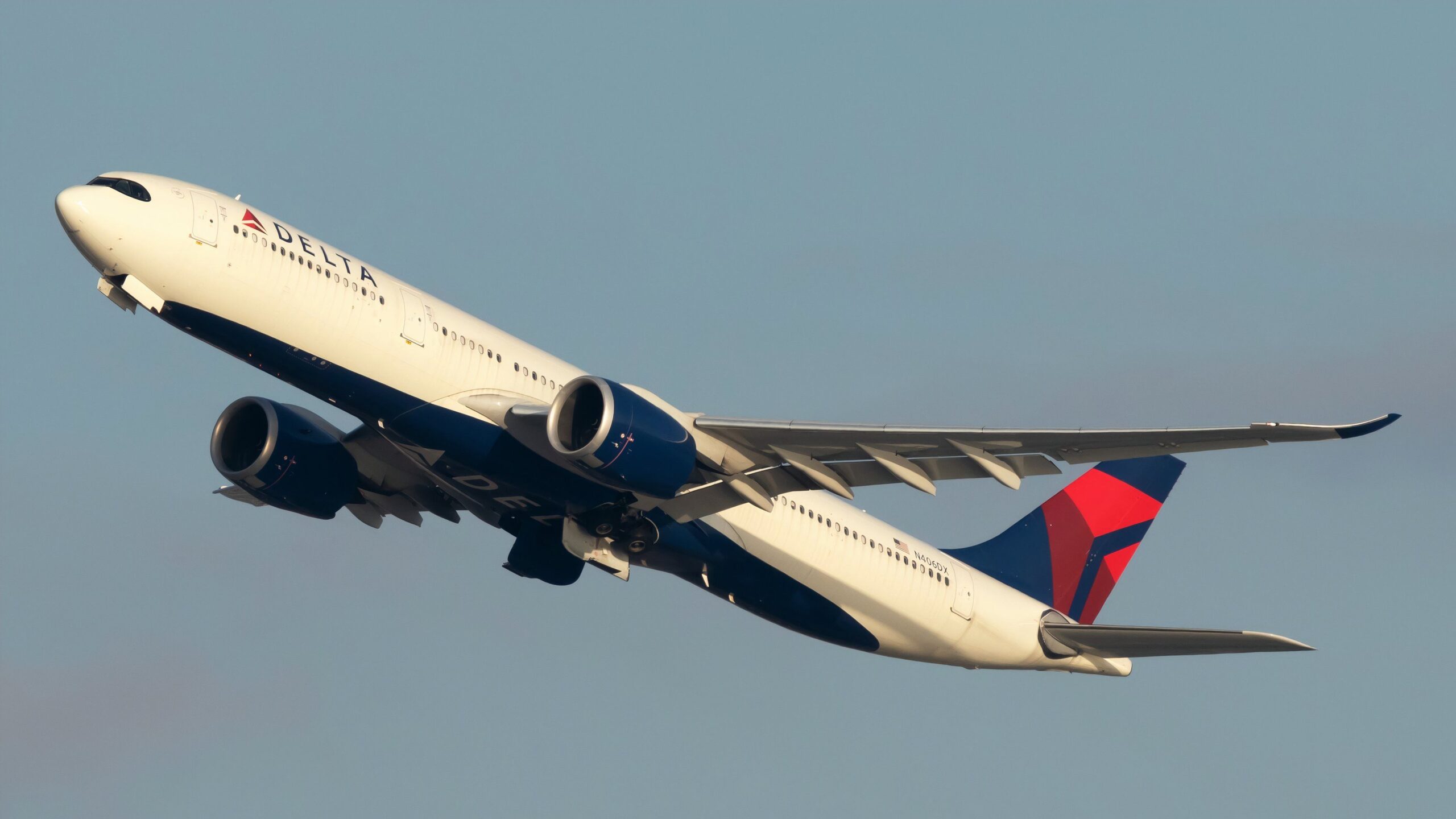The largest international airport serving the capital city of Queensland, Australia, Brisbane Airport (BNE) has become a global transportation hub, and saw over 20 million passengers pass through its doors last year alone. The airport, besides being a key gateway for tourist travel to the Great Barrier Reef region on the country’s northeastern shores, has been recognized extensively for its on-time performance, with over 85% of flights arriving and departing according to schedule.
With nonstop flights to over 50 different domestic destinations and international connections to around 30 cities across the world, Brisbane has truly become a hub for global transportation. While the airport serves as a major hub for the domestic-oriented Virgin Australia, the US connections operated from the network are of the most interest to us today.
For the past two decades, the advent of ultra-long-haul flights has made the economics of operating flights across the Pacific far more appealing for carriers, allowing for the creation of new routes from Brisbane to the United States.
Photo: Sunflowerey | Shutterstock
Connecting the US with this popular off-season tourist destination (as the peak visitor seasons in Queensland align with the North American winter) has allowed Brisbane’s tourism industry to continue growing, and the popularity of visiting the city from America has skyrocketed. Let’s take a deeper look at the airlines pioneering these extremely long transpacific connections.
Qantas flies to LA
As one would expect, the primary international airline serving the US-Brisbane route is Australian flag carrier Qantas, which flies daily between its hub at BNE and Los Angeles International Airport (LAX), its primary gateway for US-bound routes. The carrier operates this service with an Airbus A330-200 twin-engine twin-aisle aircraft, which is an unsurprising choice given that the airline maintains a major maintenance hub for its A330 fleet at Brisbane Airport.
Photo: Phuong D. Nguyen | Shutterstock
These flights, which are scheduled for around 13 hours in the Eastbound direction and around 14.5 hours in the Westbound direction, are some of the shortest transpacific flights Qantas operates, according to flight tracking website FlightAware. These flights operate on the following schedule:
|
Route: |
Flight Number: |
Departure Time: |
Arrival Time: |
|---|---|---|---|
|
QF 15 |
BNE-LAX |
10:00 PM |
6:30 AM |
|
QF 16 |
LAX-BNE |
9:15 PM |
5:00 AM |
The airline has been the longest operator of this route and continues to operate the most seats between the US and Brisbane today. The route, which takes 7,161 miles to fly, is flown daily, with 234 seats in each direction on the aircraft’s A330-200s, which are equipped with lie-flat business class cabins. In total, this accounts for 7,254 seats in each direction for October 2024, with a total of over 100,000 available seat miles (ASMs) for the carrier on this route.
ASMs are one of the most common industry metrics for an airline’s ability to generate revenue on a given route.
The status quo could be about to change
With lucrative transpacific premium traffic to capture, Qantas makes sure that its flight times are convenient for the business traveler’s schedule, and that they are also manageable for tourists headed down under. For the entirety of this route’s existence, the airline has enjoyed a monopoly between these two destinations.
Photo: Kevin Hackert | Shutterstock
However, this is all set to change, with Delta Air Lines preparing to launch its route between Los Angeles and Brisbane, with thrice-weekly A350 flights commencing on December 6th of this year.
Other carriers flying between the two cities
As one would expect, the other airlines that fly between these two cities are US legacy airlines, with United operating services and American set to begin in just a few weeks. United Airlines currently flies between its Asia-Pacific gateway hub at San Francisco International Airport (SFO) and BNE, operating on the following schedule:
|
Route: |
Flight Number: |
Departure Time: |
Arrival Time: |
|---|---|---|---|
|
UA 96 |
SFO-BNE |
11:30 PM |
6:30 AM |
|
UA 97 |
BNE-SFO |
10:30 AM |
6:30 AM |
The airline operates this ultra-long-haul service with Boeing 787 family aircraft, each of which comes with 260 seats, including those in the carrier’s award-winning Polaris business-class cabin. United operates this service four times per week, with flights outbound from SFO on all the following days:
- Monday
- Wednesday
- Friday
- Sunday
Photo: Nieuwland Photography | Shutterstock
In October 2024, the airline is set to fly this route 19 times, with a total of 9,918 seats across the entire month. When one multiplies this by the 7,063 miles of the flight route, this generates a total of 70,050,834 ASMs for the airline.
A seasonal route that is set to begin in just a few weeks
Dallas-based American legacy carrier American Airlines is set to launch what Business Traveler cites as the airline’s longest route in just a few short weeks. On October 27th, the airline will begin flying between its fortress hub at Dallas/Fort Worth International Airport (DFW) to the Australian city, with the following schedule:
|
Route: |
Departure Time: |
Arrival Time: |
|---|---|---|
|
DFW-BNE |
10:35 PM |
06:30 AM |
|
BNE-DFW |
10:00 AM |
8:20 AM |
Photo: Balta Mihaita Sorin | Shutterstock
These nonstop flights will be operated by the airline’s Boeing 787-9 fleet, aircraft which feature 285 seats each. In October, the carrier will begin flying this daily seasonal route, with a total of 2,280 seats being flown during the last four days of the month alone. When multiplied by the 8,299-mile distance between the two cities, this makes 18,921,720 ASMs for the carrier.
